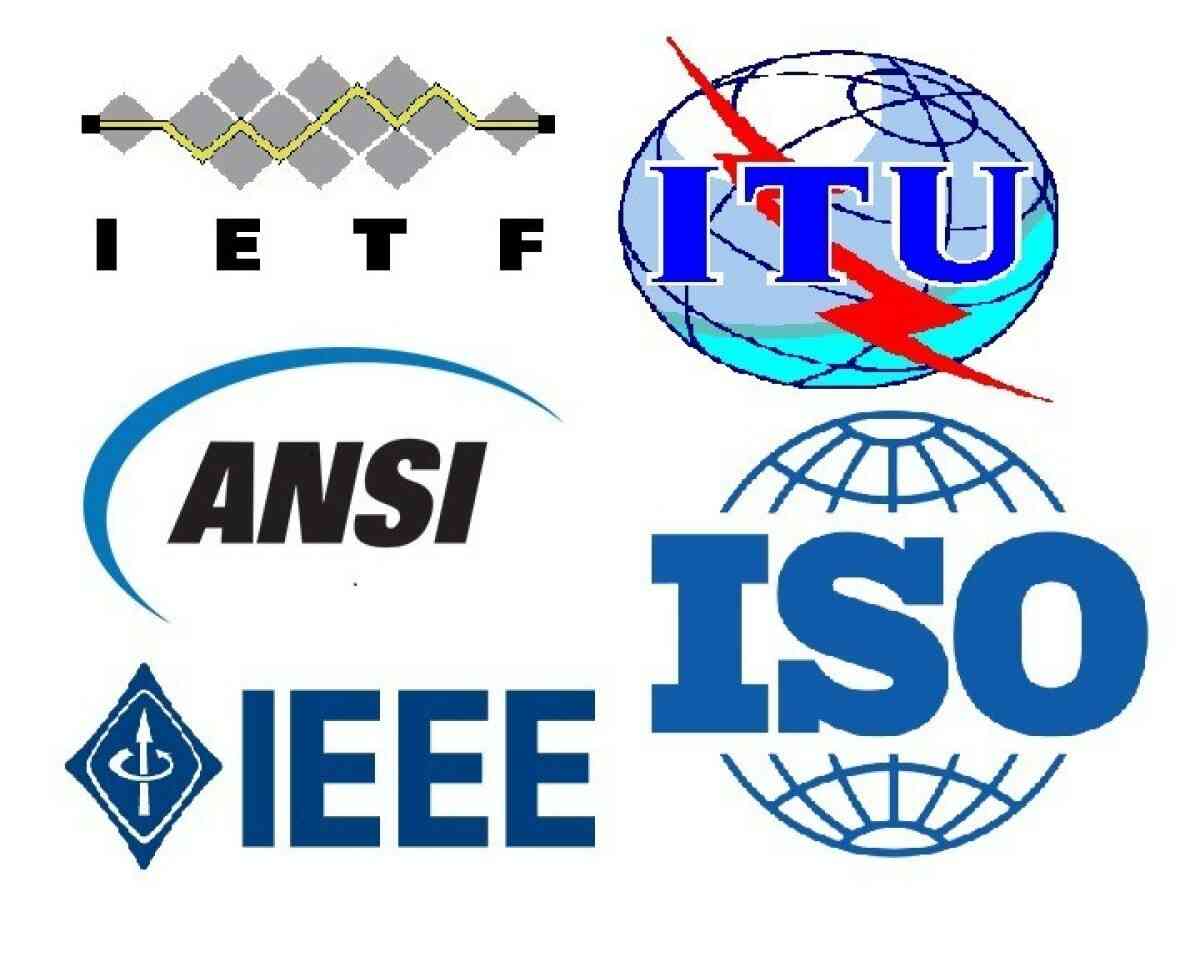Rules And Regulations Of Networking: "Standards And Protocols" - Part 1
- - Category: Communication
- - 27 Sep, 2023
- - Views: 427
- Save

PROTOCOLS are the set of rules and STANDARDS are the organizations or institutes that make these rules.
PROTOCOLS are the set of rules and STANDARDS are the organizations or institute that make these rules.
This blog deals with Standards.
The standards are the documents that contain technical and physical specifications about the network being designed.
The two types of network standards are as follows:
I. De facto standard: 'De facto' means by tradition or by facts. These standards are developed without any formal planning. (Eg: System Network Architecture (SNA), etc)
II. De jure standard: 'De jure' means according to law or regulation. These standards are developed with proper research to fulfill the requirement of data communication. Some of the prominent De jure Standards in networking are:
--> IETF (Internet Engineering Task Force): IETF develops and promotes voluntary Internet standards, in particular the standards that comprise the Internet protocol suite (TCP/IP). It is an open standards organization, with no formal membership or membership requirements. The basic mechanism of operation of IETF are publication of proposed specifications, development based on the proposals, review and independent testing by participants, and republication as a revised proposal, a draft proposal, or eventually as an Internet Standard.
--> ITU (International Telecommunication Union): The ITU coordinates the shared global use of the radio spectrum, promotes international cooperation in assigning satellite orbits, works to improve telecommunication infrastructure in the developing world, and assists in the development and coordination of worldwide technical standards. The ITU is active in areas including broadband Internet, latest-generation wireless technologies, aeronautical and maritime navigation, radio astronomy, satellite-based meteorology, convergence in fixed-mobile phone, Internet access, data, voice, TV broadcasting, and next-generation networks.
--> ANSI (American National Standard Institute): ANSI itself does not develop standards, the Institute oversees the development and use of standards by accrediting the procedures of standards developing organizations. ANSI accreditation signifies that the procedures used by standards developing organizations meet the Institute's requirements for openness, balance, consensus, and due process.
--> EIA (Electronic Industries Association): EIA was a standards and trade organization composed as an alliance of trade associations for electronics manufacturers in the United States. They developed standards to ensure the equipment of different manufacturers was compatible and interchangeable.
--> ISO (International Standards Organization): ISO is an independent, non-governmental organization, the members of which are the standards organizations of the 162 member countries. It is the world's largest developer of voluntary international standards and facilitates world trade by providing common standards between nations. Nearly twenty thousand standards have been set covering everything from manufactured products and technology to food safety, agriculture and healthcare. ISO is a voluntary organization whose members are recognized authorities on standards, each one representing one country. Members meet annually at a General Assembly to discuss ISO's strategic objectives. The organization is coordinated by a Central Secretariat based in Geneva. ISO 7498, "Open Systems Interconnection -- Basic Reference Model", which is the architectural base for most modern network standards.
--> IEEE (Institute of Electrical and Electronics Engineers): IEEE serves as a major publisher of scientific journals and organizer of conferences, workshops and is also a leading standards development organization for the development of industrial standards (having developed over 900 active industry technical standards) in a broad range of disciplines, including electric power and energy, biomedical technology and healthcare, information technology, transportation, aerospace, nanotechnology, etc. The IEEE is one of the leading standards-making organizations in the world. IEEE performs its standards making and maintaining functions through the IEEE Standards Association (IEEE-SA). IEEE standards affect a wide range of industries including: power and energy, biomedical and healthcare, Information Technology (IT), telecommunications, transportation, nanotechnology, information assurance, and many more. In 2013, IEEE had over 900 active standards, with over 500 standards under development. One of the more notable IEEE standards is the IEEE 802 LAN/MAN group of standards which includes the IEEE 802.3 Ethernet standard and the IEEE 802.11 Wireless Networking standard. Some well-known standards are:


[Note: IEEE is the format in which students of Information Technology are expected to submit their research paper. The format is present in this document: IEEE format]
It is said that "Knowledge is Power" and Wisemonkeys is the ideal platform to prove this right where this blog was posted. Additionally, when knowledge is free it should be shared. Therefore, keeping this in mind Wisemonkeys an LMS platform is developed so that people can exchange their ideas, knowledge and experiences for the wise Gen z.
SIGN UP TODAY and upgrade your knowledge base.


